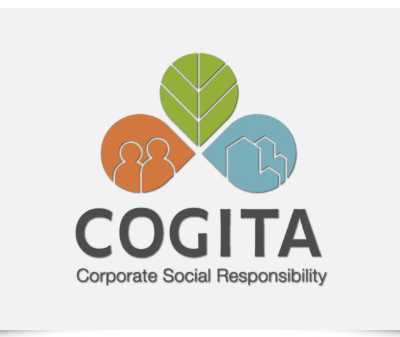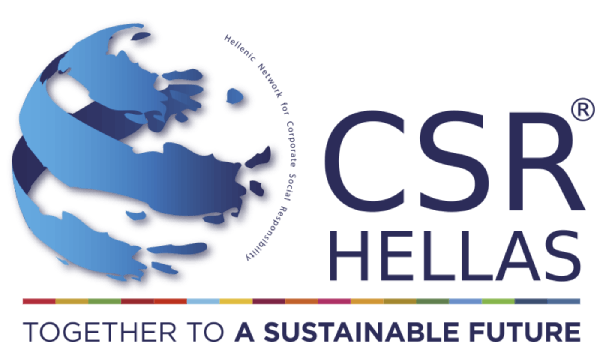What is the Program?
In 2012, organizations from 13 European regions met up in the town of Krems to launch the European project COGITA that concerns the Corporate Social Responsibility (CSR) policies of those regions.

Although the official concept of CSR underlines the comprehensive evaluation of social and environmental impact, often public policies on CSR issues divide the latter into disconnected sections with independent and uncoordinated management, which often leads to cover ups and ineffective results.
The Bodies
The COGITA program was co-funded by the European Regional Development Fund (ERDF) and was brought to fruition in the context of the INTERRED IVC program, while the Greek partners were CSR HELLAS and the Athens University of Economics and Business.
Program Goals
The goal of the COGITA program was the determination and implementation of tools that could be utilized by public organizations and bodies to promote collaborative support activities among SMEs relating to social and environmental responsibility.
Striving for a comprehensive approach to CSR, the following thematic areas were the predominant points of interest during the COGITA project:
- Development of the awareness and capabilities of SMEs in terms of CSR issues
- CSR and public supplies
- CSR criteria for the funding of SMEs
- Development of inter-company collaborations between SMEs on CSR issues
- Implementation of CSR practices in supply chains that SMEs participate in as well as communication and the promotion of the CSR identity of SMEs
In the launch meeting of the COGITA program, which was actualized on 7 March 2012 in Krems of Lower Austria, the approaches, interests and priorities of participating organizations were discussed, and the foundations for constructive cooperation in the sector of CSR were established.
With the COGITA project, we at CSR HELLAS, as well as other national bodies, combined the inter-regional exchange of best CSR practices with the participation of local stakeholders in every region, aiming to ensure an alignment of the results with local priorities. Subsequently, our goal was to provide support for regional development based on tools that promote CSR as a means of improvement of the competitiveness, growth and creation of job positions in SMEs.
